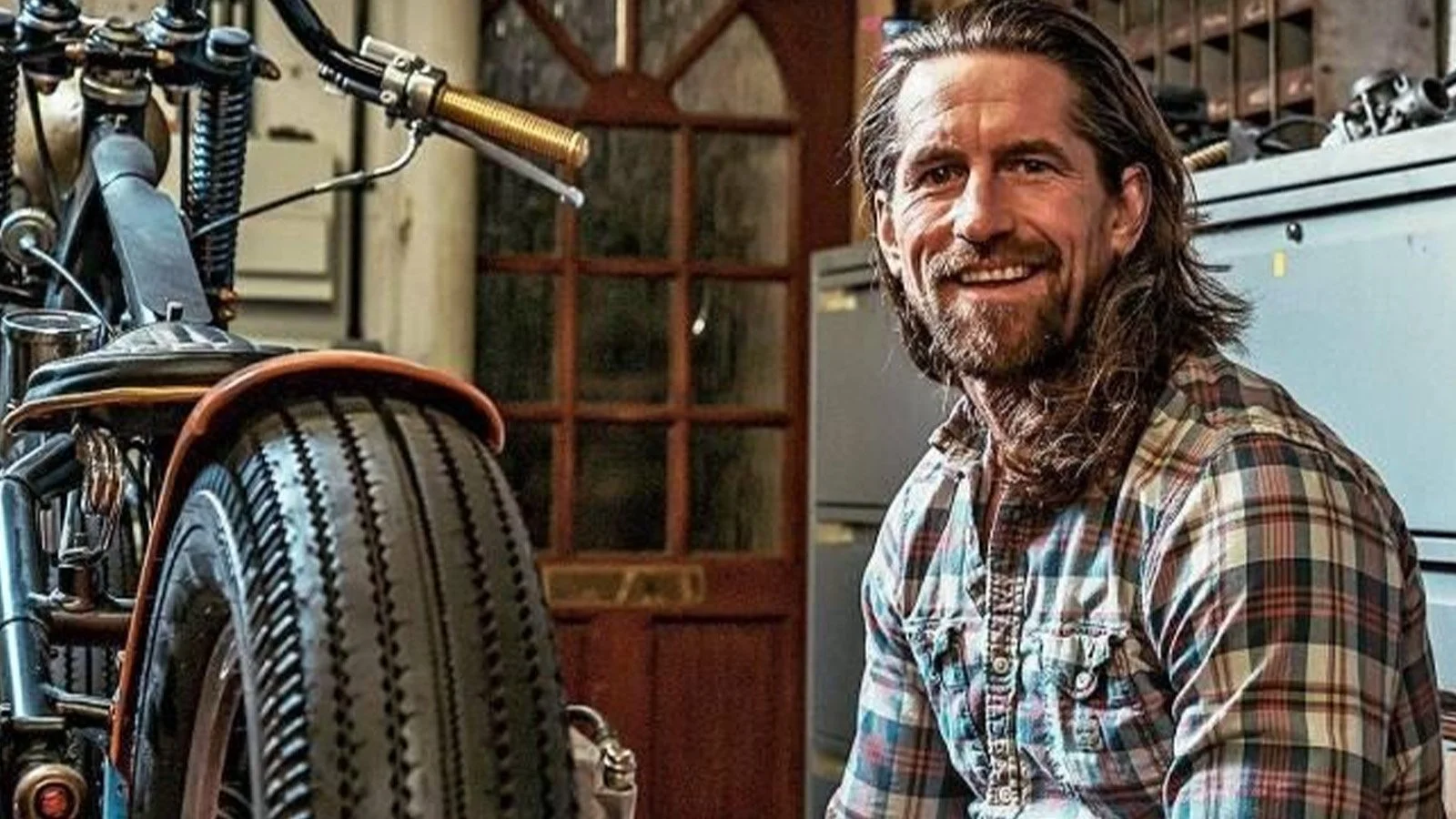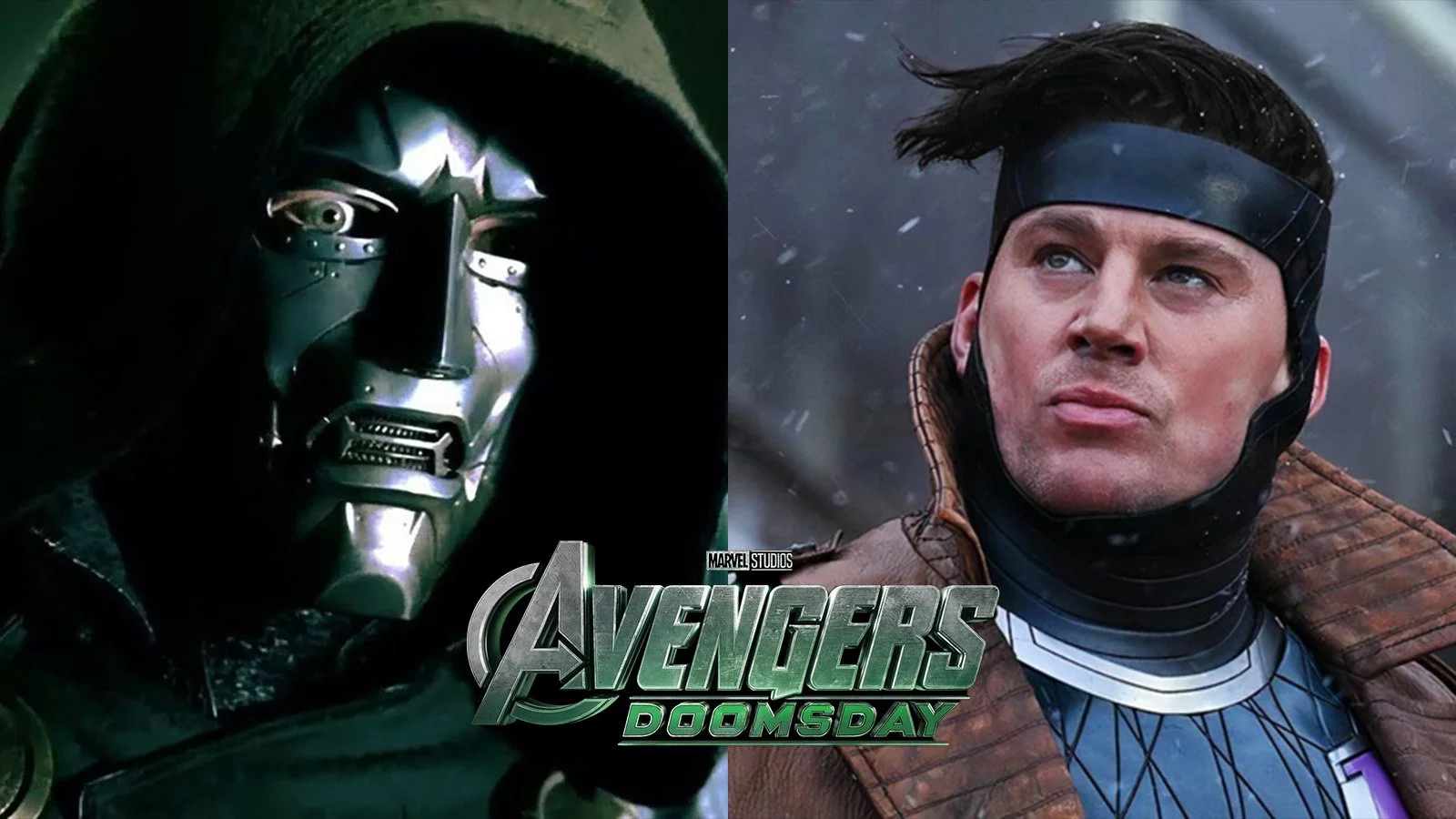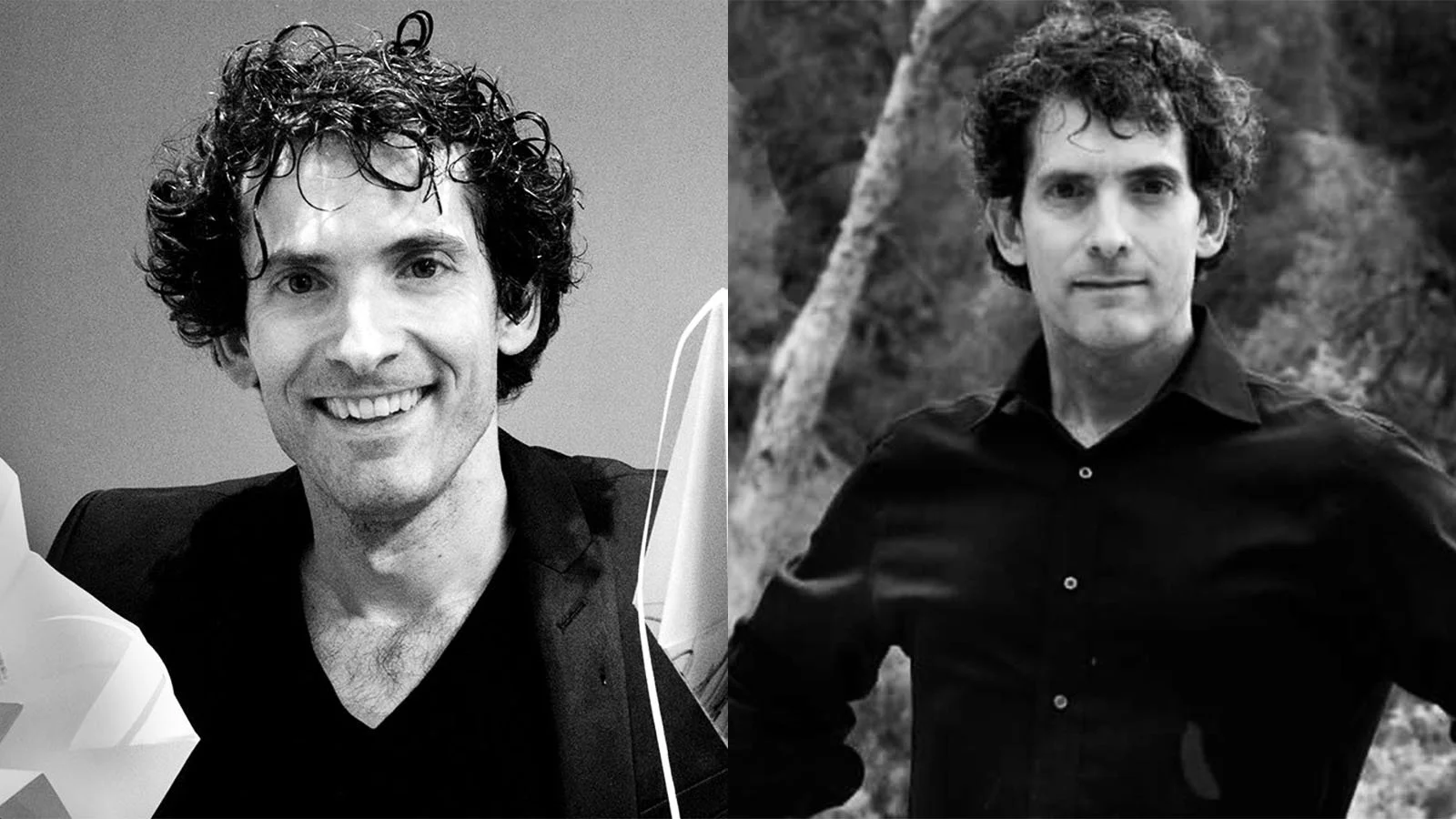Interview: Jude Guaitamacchi - The model proving visibility is power
Jude Guaitamacchi is a compelling LGBT speaker whose unique blend of on-screen presence, leadership in representation and lived experience make them a powerful voice for inclusion and authenticity.
As a non-binary model who became the first non-binary face of Harrods’ H Beauty campaign, Jude has worked with global brands and featured in the likes of Vogue Italia — credentials that lend rare show-business authority to their insight.
Film News Blitz presents this exclusive interview with The Mental Health Speakers Agency, Jude shares candid reflections on how visibility in fashion intersects with gender diversity, how the entertainment industry can lead on mental-health inclusion, and what film and media companies must do to create workplaces where all identities thrive.
Q: What are your top tips for businesses wanting to better respect people's gender identity?
Jude Guaitamacchi: “So, my top tips in terms of businesses thinking about ways in which they can support people's gender identity is to firstly acknowledge gender diversity – so not just binary genders, men and women, but thinking about the diversity within gender.
“And with that, that includes trans, non-binary and gender non-conforming people.
“So, thinking about ways in which companies can do that would really be to take into consideration what the issues could be.
“Now, a recent survey by Total Jobs in 2021 reported that 40% of transgender people have had to leave their job due to an unwelcoming environment.
“There’s been an increase of two-thirds of trans people that have felt they’ve had to hide their identity at work, and there’s also been 20% of trans people who have experienced fewer microaggressions since working from home.
“And so, that just really reflects that people don’t feel comfortable in a work environment to be who they are, and they feel that they’re encountering indirect forms of discrimination in the workplace.
“And so, in order to facilitate people to be able to feel comfortable, I think my top tips would really be to think about the specific ways in which that company could further education.
“So, for example, ongoing training or inviting speakers to come in and talk about their experiences.
“It would be looking at inclusive practices as well – so how to create an environment that’s inclusive of different genders, such as gender-neutral bathrooms, pronoun visibility as well.
“But also looking at how they can advocate and perhaps celebrate gender diversity in the workplace.
“Looking at some of the events that we host every year like Trans Pride, Pride events – but essentially, making celebrating in a more visible way would be a way to help employees feel more comfortable, to know that their company supports them.”
READ MORE: Interview: TV’s toughest star Titch Cormack on military grit & making it on screen
Q: The workplace can often be fast-paced and competitive. Despite this, how can businesses facilitate vulnerability and authenticity in their employees?
Jude Guaitamacchi: “So, I live by authenticity and vulnerability, and sometimes that means that I have to accept my own imperfections.
“And I’m quite aware of my imperfections – in fact, I don’t even think of them that way. I almost see them as just who I am as a human being.
“And so, I really love the idea of companies thinking more about how they can move from this idea of just always having to be professional and focusing on efficiency, but actually thinking about how they can support people’s mental health and, you know, the struggles that we all experience in life.
“And while I agree that efficiency and professionalism in the workplace is important, studies do show that happiness increases productivity.
“So, creating a culture that encourages courageous conversations and supports their employees is integral not only to them as individuals but to the company as a whole.
“With that, I know that vulnerability can feel like quite a scary topic, but I really do see it as a strength.
“And I see it as helpful in supporting people to help one another as well. I think we connect through vulnerability as well.
“And so, it’s not that we need to disregard professionalism or not bring our personality to work.
“I think by bringing who we are to the workplace, it helps us to bring our own individual talents and strengths in what we do.
“So, I believe the true success is found in learning to embrace our authenticity and learn what it means to be our authentic self – learn what makes us unique, but also embrace that and embrace that in one another.
“I believe that connection helps us to empower ourselves as well, in unapologetically being who we are.
“And that’s another thing that I’ve learned through my life experiences – how to get to a place where I can be myself.
“And I can be myself professionally. I think that, you know, my ability to be able to do that actually helps me in everything that I do.
“When I create that kind of personal relationship with someone, we automatically feel more comfortable.
“And although we’re not friends, we can still be friendly. And that already sets the tone of what the relationship is going to be like.
“If we go in there with this kind of, you know, I guess almost facade, never really truly connecting on a level that’s deeper than very surface, I just feel that it does become very transactional.
“It becomes less about, you know, what we have to offer. And actually, I’m more creative when I’m myself. I’m less creative when I’m trying to be somebody I’m not.
“And I’ve spent a long time trying to be someone I’m not – including in my job.
“Even today, sometimes I fall into the trap of, you know, feeling like I need to be something other than who I am.
YOU MAY ALSO LIKE: Marvel news: Channing Tatum says fans ‘aren’t ready’ for ‘Avengers: Doomsday’
“But then, when I’m myself, everything flows. And when I stop thinking, everything flows as well.
“I believe that, you know, we don’t need to... I don’t know, there’s this kind of archaic idea of discipline.
“And, you know, I see that with the children that I work with in schools – that teachers feel that they need to enforce discipline as a way to improve young people’s productivity.
“And actually, what I’ve noticed is, if you bring people up to your level and show them respect without, you know, shouting at them or disciplining them, that actually they’re far more engaged than, you know, if you kind of talk down to them.
“And I think it’s the same in a work environment.
“If you respect somebody and make them feel at ease, I think that helps them to be more productive, to feel that they’ve got something to offer, to feel like they’re being respected by the people around them.
“And so, I honestly feel that it’s just such an important topic in the workplace specifically, and it’s helped me.
“It’s helped me to get to where I am today despite all of the challenges that I’ve had to face.
“And, you know, I’ve got imposter syndrome. I still struggle with that. I’m neurodiverse – I have ADHD – that gets in the way of what I do sometimes.
“And then I have this kind of, you know, residue of shame that I still carry from my past experience.
“But I’m able to manage that, and I’m able to accept the times where I’m not able to manage that as well because I’m realistic – but always trying to overcome that.
“But being transparent with people about that is really helpful. It’s almost like grassing myself up and saying, “I’m really nervous,” or “This is going on for me.”
“And once I talk about it, it takes the power out of it as well.
“And it’s these kinds of conversations that I feel would be really beneficial in the workplace, in a business, in a company – and just supporting that individual in doing the best they can and also taking the pressure off as well.”
READ MORE: Interview: ‘AI is our new superpower’ - Javier Ideami on the future of human imagination
Q: What is the biggest cause of stress in the workplace, and what can businesses do to tackle it?
Jude Guaitamacchi: “The biggest cause of stress, in my mind, is just having too much on our plate.
“That can be different for different people, and it’s also about how we manage those tasks as well.
“But in terms of understanding what the causes are, I think it’s really useful to know what stress actually looks like.
“Because it’s not just a psychological experience, it’s also a physical experience.
“When we experience huge amounts of stress, we can go into the fight, flight, or freeze response, and that’s actually a primal response.
“And it comes over us when our brain perceives danger. When that happens, we begin to feel physical sensations, and that is due to a release of cortisol and adrenaline in the body.
“Of course, those chemicals are there to help us to get out of danger or to respond in the moment.
“When we experience those physical sensations, we can go into panic – and that can be in extreme cases of stress as well.
“We’ve got all those physical responses, and stress can also cause illness. Medical research shows that 90% of diseases are caused by stress.
“So, we’ve got all these issues that can come about because of stress.
“And I think learning what stress means to us – like when we’re stressed, what stress looks like, and how to manage it – is really useful.
YOU MAY BE INTERESTED IN: Netflix news: Guillermo del Toro and Oscar Isaac discuss new ‘Frankenstein’ ahead of October release
“Of course, stress will come from the amount of work we have on and how important we feel that work is to us.
“Other things that we have going on in our lives, such as life responsibilities as well, can come into play.
“So, I really think it’s about acknowledging just how stressed we feel as individuals because some people will feel less stressed than others.
“It just depends on how we’re managing it. I think it’s the stress management that we need to look at and how to reduce it.
“I’d say that, talking from my own experience, I’ve had to find a lot of ways to manage those physical responses that I feel – whether that be breathwork, meditation, exercise – that’s all really helpful.
“Those are ways that I manage my own stress.
“But of course, the world we live in is stressful, and that’s just the way it is. So, finding those techniques can be really useful.”
This exclusive interview with Jude Guaitamacchi was conducted by Megan Lupton of The Motivational Speakers Agency.
READ NEXT: ‘Roofman’ review: Channing Tatum and Kirsten Dunst star in brilliant, heartfelt crime thriller





